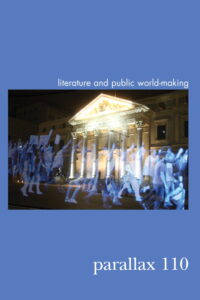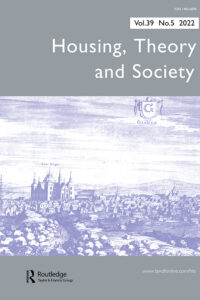Northern Peruvian shamans’ anti-anthropocentric eschatological narratives infused with scientific climate change discourses rewrite the climate change debate from a nonhuman point of view. By engaging in ethnographic research in Northern Peru through an indigenous decolonizing framework, I show how shamanic engagements with ancestor landscapes can restore a sense of belonging to the earth to meet the challenge of predatory capitalism and catastrophic climate crises. The goal of shamanic practices is to heal the epistemic fractures we have inherited between humans and ecosystems, between time and place, and between the geopolitical and the ecological. Shamans also offer a collective vision of humanity’s future as climate change ravages the world. By decentering the human and gaining awareness of the inevitable end of the spice-time of modern industrial civilization and humanity—and of a world that will continue to exist without us—shamans inspire us to respond to the climate crisis. When we accept that humanity will ultimately be destroyed by climate change events, shamans reason, we might mitigate our suffering by engaging in ethical, reciprocal, multispecies relationships to postpone the end of humanity, and to reimagine our existence in a post-human world.
Climate Crises and Postapocalyptic Futures
Visionary Landscapes in Northern Peru




